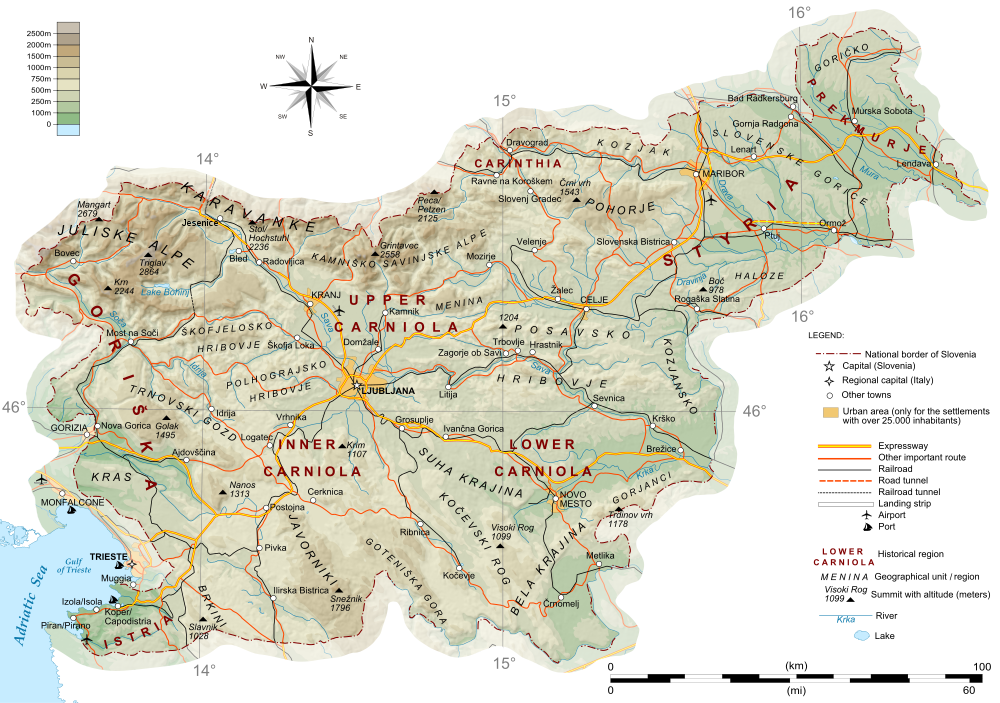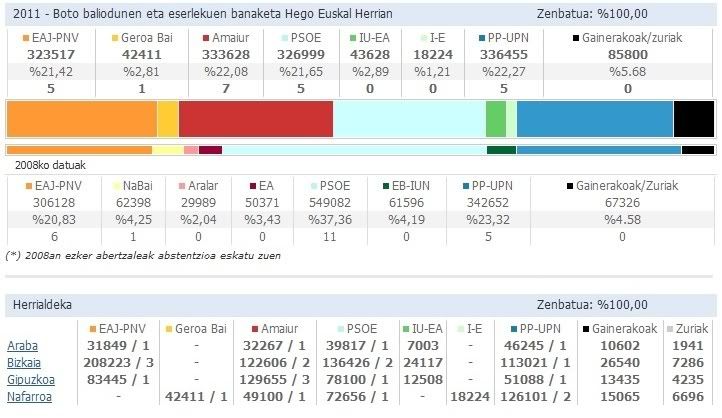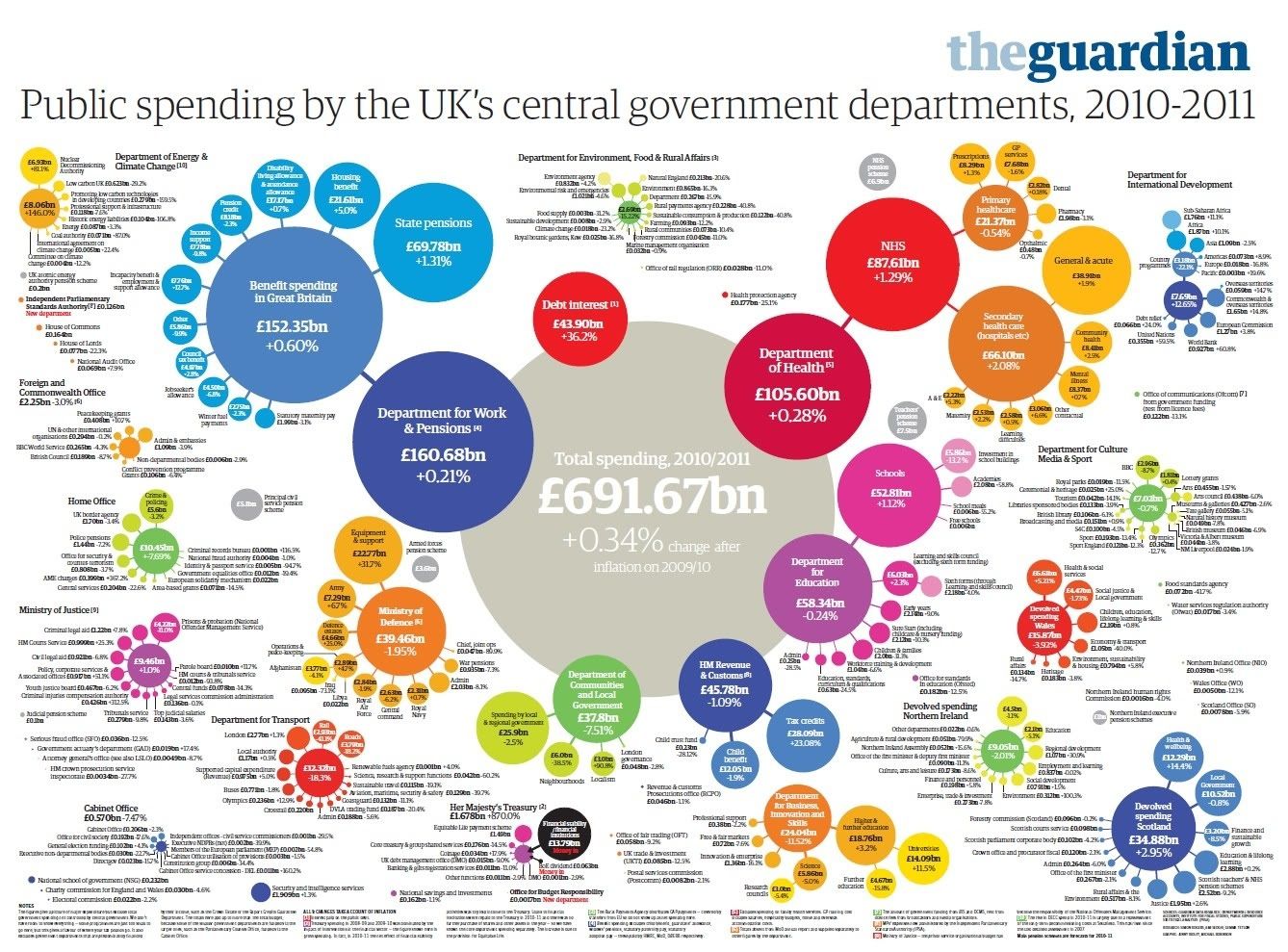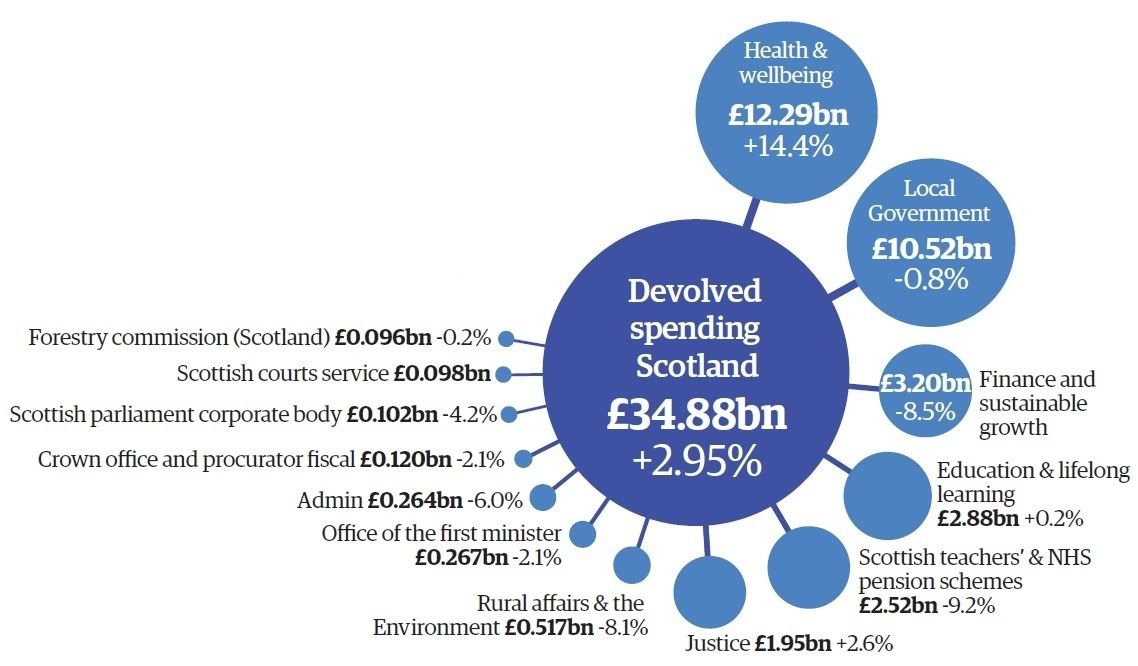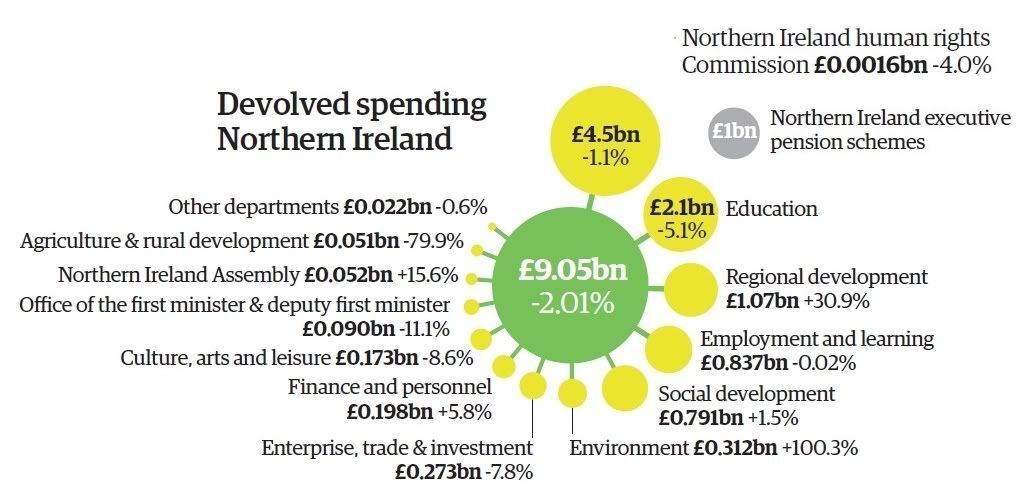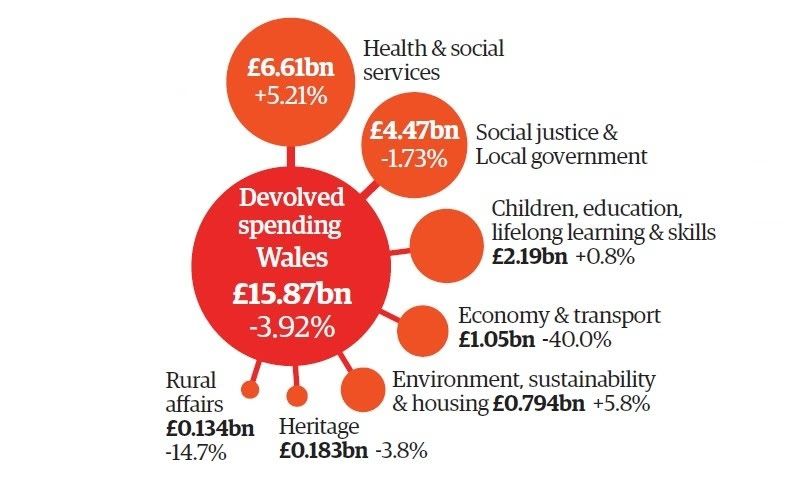As I'm sure everyone reading this will know, the first aim of Plaid Cymru as a political party is for Wales to be independent.
For a period, the party was not quite sure whether it wanted to use the "i" word, and so decided to describe its first aim as "to promote the constitutional advancement of Wales with a view to attaining Full National Status for Wales within the European Union" instead. It was a compromise that was broadly acceptable, not least because we also stated that one of our aims was specifically "to attain membership of the United Nations". As only independent sovereign states can be members of the UN, it was a round about way of saying that we wanted Wales to have the same status as nearly all other nations in the world ... but without actually using the "i" word.
However at the party conference this year we unanimously passed a motion to change our constitution and make it explicit that our first aim was "to secure independence for Wales in Europe". This reflects the fact that in recent years we have regained some of our boldness, and are no longer afraid to talk about independence.
One person who should have spoken in the debate, but didn't, was Dafydd Elis-Thomas. Instead of arguing his position in the conference hall, he decided to ignore the party completely and go straight to the press. He gave an interview to the Daily Post in which he stated, incredibly, that independence had never been what Plaid Cymru stood for, that he was ethically opposed to it, and that it was a "mirage".
Plaid Cymru leadership challenger says Welsh independence is a "mirage"
The only explanation for this behaviour was that he knew full well he wouldn't be able to change the minds of any of the delegates at conference; but being too vain to want to be seen on the losing side in the vote in the hall, he went public. He was making the clearest possible statement that whatever the party decided, he would not change his view.
-
Now everyone is fully entitled to their views, of course, but there is no place in any self-respecting political party for someone who is opposed to that party's fundamental aims ... and especially for someone who goes out of their way to speak against them. For Dafydd Elis-Thomas did not say this just once: in the days and weeks following that interview he went on to say in public that he wouldn't advocate any constitutional changes for Wales at all; and that he saw Wales' place as a region in Europe, with devolution and within the UK, rather than as an independent member of the EU in our own right.
At the same time another prominent member of the party, Rhodri Glyn Thomas, said in two television interviews that he did not and had never supported independence for Wales, even though he acknowledged that this put him at odds with the party.
Because these statements were clearly in conflict with Plaid Cymru's fundamental aims, I and other members of the party decided to make a formal complaint against these two men. I daresay that there will be some speculation or misinformation about what exactly we were trying to achieve, therefore I've decided to publish the complaint so that everyone can read it for themselves.
Formal Complaint against Dafydd Elis-Thomas and Rhodri Glyn Thomas
We've now heard from the panel that was given responsibility for handling the matter that the complaint was not upheld, and that the party is not going to take any action against them. We think these are cowardly and shameful decisions which make the party look ridiculous. What is the point of us deciding to make it absolutely explicit in our constitution that our first aim as a party is independence, but then allow prominent members of the party to undermine that by making a series of public statements which are in direct conflict with that aim?
Put more bluntly, what on earth is the point of Plaid Cymru continuing as a political party if it refuses to take its first and most fundamental aim seriously?

Now I will be the first to admit that in detailing what has happened I am washing Plaid's dirty linen in public. Something in our party stinks, and I am making what has happened public only because those who could and should have dealt with it have refused to wash this dirty linen in private.
We did not ask the party to do anything that we thought would be problematic or difficult. Even though it is clear from our constitution that all members must agree to further the aims of the party, and that a member will be subject to disciplinary action for actions or statements in conflict with these aims, we did not ask for either man to be expelled from the party.
We stressed that we sought a conciliatory solution, and recommended that the party should formally instruct them to make public statements saying unequivocally that they support the aims of the party ... and specifically the aims of independence for Wales within Europe and Wales becoming a member of the United Nations. We only wanted to see a more severe sanction if they refused to make such a statement, and suggested that this should be removal from the party's national register of candidates so that they could not stand for Plaid Cymru in future elections.
If the party had done this, there would have one of two outcomes: either that these men would publicly declare their support for independence, leaving us as a party that was fully united behind its aims; or that they could have quietly stood down at the next election without losing face, because no-one outside the party would have needed to know exactly why they were standing down.
But perhaps it isn't surprising that neither of them was prepared to make such a statement. If we look at the Daily Post "mirage" interview, Dafydd Elis-Thomas said:
"The priority seems to be to drive forward with greater devolution within Europe and that's always been my position."
and
"I am part of the European, green, leftist post nationalist alternative. I am very strongly a European regionalist. I will not change my personal convictions."
Daily Post, 8 September 2011
And Rhodri Glyn Thomas said these things about independence in two separate TV interviews:
"Let me say it's not my view. It may be the party's view, but it's never been my view."
Sharp End, 27 October 2011
and
"It's not a term that I’ve used during my political career, and I’m not likely to use it."
Dragon's Eye, 3 November 2011
People would not say things like this unless it was their deliberate intention to show the public that they do not and will not support the party's first aim. Nevertheless we thought we should in the first instance (at least formally, for an informal approach had been ignored) give them the opportunity to reconsider their position. But more importantly we wanted to give the party as an organization the opportunity to insist that they did so or stand down at the next election. They failed to take it.
-
I want to stress that there are many good, sincere people in Plaid Cymru who are absolutely unequivocal in their belief that Wales should be independent. I and the others who made the complaint are not some small clique within the party. On the contrary, in wanting independence for Wales we are part of the overwhelming majority. Remember that the amendment to the constitution was passed unanimously. But we suffer from a small clique entrenched in senior positions in the party who have become arrogant enough to believe that party rules don't apply to them and to think that they can ignore the rest of the party with impunity.
If I thought I was in a minority, then I would leave the party. If all I wanted for Wales was greater devolution in maybe a federal UK, then I would join a party that has this as one of its aims. But I want Wales to be independent. So even though certain people in the party might wish it, I'm not going to leave Plaid Cymru in a huff or be forced out of the party. I'm simply going to stand up for what the party says it believes in. I know others will stand with me.

So what is the point of making what has happened public?
There are many people at all levels of the party who have said they welcomed a formal complaint as an opportunity for the party to show some backbone and stand up for what it believes in. I and others have had many, many phone calls and emails over the past few weeks from people supporting what we have done and saying they were glad that someone was at last making a stand.
So it's sad and shameful that the party hierarchy has chosen to put fudge and political expediency before our principles as a party, and this must now be changed. There are two things that can be done to change it.
What members of Plaid Cymru can do
Our strength as a party does not come down from the top of the party, but grows up from the bottom. The strength of the party is each and every individual member who is active in the party and slogs their guts out giving their time, effort and money to the party. No councillor, AM, MP or MEP would get elected if it wasn't for this hard work. Why on earth should any of us waste that time and effort getting someone elected who doesn't agree with the fundamental aims of the party?
Don't misunderstand me. I'm not asking anyone to stop working for the party. But I am asking you to exercise your rights as members to make sure that the candidates you work to elect are chosen only from those who support the party's aims. If you, at branch and constituency level, kick up enough fuss you will be able to force anti-Plaid AMs like Dafydd Elis-Thomas and Rhodri Glyn Thomas out and make sure that better candidates are selected in their place.
I would also appeal to those who support independence for Wales but who have avoided or left Plaid Cymru because of our previous ambivalence towards independence to consider joining or rejoining the party. Because of what is happening in Scotland, the issue of independence will be at the centre of political debate for the next few years, so there can be no better time to join us in working for our own country's independence. We are currently having a membership drive, but I don't want anyone who joins to be under any false illusion about what our aims are, so please read the constitution first. I would rather have another 500 people who are prepared to wholeheartedly commit themselves to what the party says it stands for than 1,000 who join without thinking it through.
Finally, use your influence and votes as party members wisely. Make sure you elect the right people as branch officers, conference delegates and representatives on National Council, and make sure that they in turn are answerable to you for the way they vote on your behalf. In this way, we can clear out the rotten wood.
Over the last few months we have been conducting a root and branch review, and in a matter of weeks Eurfyl ap Gwilym will publish a report on how the party should move forward. I fully expect that he will say in no uncertain terms that it is time for Plaid and its leadership team to articulate our vision for an independent Wales or move out of the way. To their credit some of them know that; but others will need to be pushed, and we as members will have to do the pushing. It goes without saying that those who have spoken out against independence, or those who think that arguing the case for independence is a confusing distraction from what really matters are completely unsuited to lead Plaid Cymru at what our new Chief Executive has rightly described as a critical juncture in the party's history.
What others can do
Those who are not in the party can do their part too. We need our journalists in Wales to put AMs like these on the spot; to not be afraid to ask probing questions about what our AMs stand for; to refuse to accept glib or evasive answers and weasel words. Those who put forward their own views rather than representing what the party stands for should be made to squirm. A few cringe-inducing interviews with DET or RhGT will be quite enough for the Plaid Cymru leadership to ensure they don't appear on air or in the press next time.
And the same goes for politicians from other parties. Taunt and make fun of those who were elected as Plaid Cymru candidates but hold views that are in conflict with the aims of the party. They are freeloaders; people who are using their elected position to further their own personal agenda rather than the aims of the party they stood for. They deserve all the embarrassment and ridicule they get.
And yes, while you do that you can (and I'm sure you will) taunt the rest of us in Plaid Cymru for allowing such a situation to develop and doing nothing to deal with it. We deserve it ... but if what I've written in this post achieves its purpose, you will not be able to do it for very much longer.
Michael Haggett

